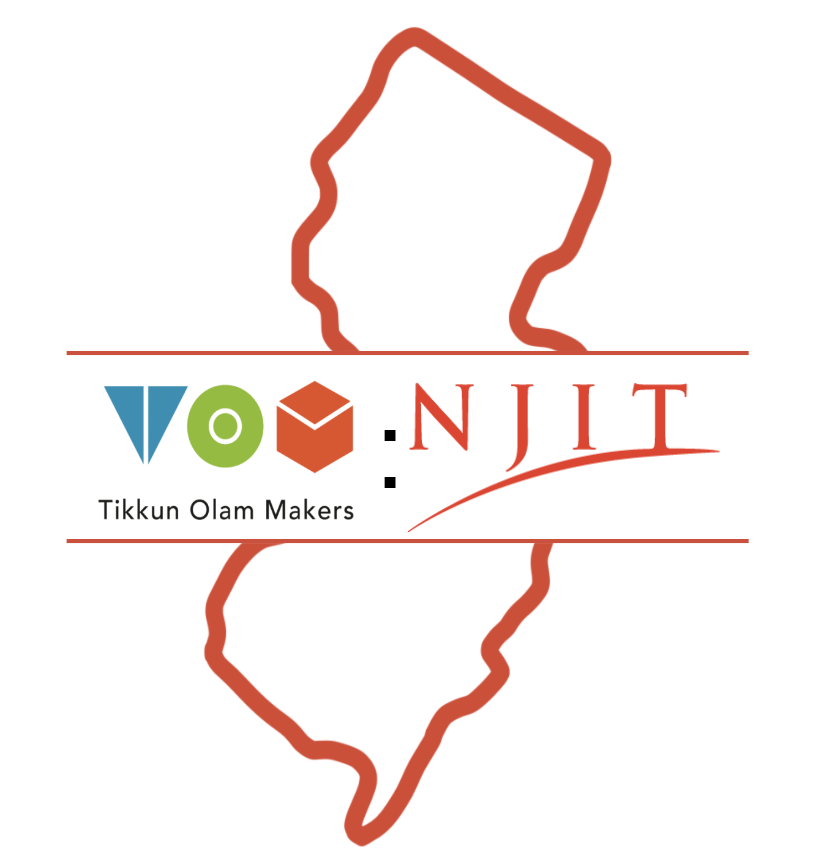Sreya Das | Web and Multimedia Editor
NJIT students Huong Le and Rashmi Ketha have spent nearly a year co-founding and developing an app named JouleBook.
Le is currently pursuing her Ph.D. in Computer Science, while Ketha completed her undergraduate education and eventually graduated with an M.S. in Management and Business/Data Analytics in 2018. They met at NJIT through their joint vision for this project and are very excited about their app’s progress.
Set to publicly release in May 2020, Joulebook is an online marketplace that aims to connect people who need help completing specific errands and daily tasks with people with certain skill sets seeking those same jobs.
The app derives its name from the physics term ‘joule’, meaning a unit of work; in other words, the app is intended to help users ‘book’ or schedule units of work.
“JouleBook is the premier skill marketplace where normal everyday people meet and strike deals,” said Le. “We empower each deal from A to Z so service providers can focus on delivering the best service and experience to service buyers. In summary, whether you need an extra pair of hands or have a skill to monetize, you can use JouleBook. You don’t have to take a side. You can be either a service provider, or a service buyer, or both on JouleBook … It’s an app like Uber, except that Uber is just for driving on demand. Here, we want to do everything on demand.”

Joulebook’s mission statement is similar to other home services and freelancing websites, like Angie’s List and Fiverr. However, JouleBook differs from these alternate platforms in that it strives to be as simplistic and user-friendly as possible. Users have the versatility of being able to be both buyers and sellers for various skills, and the app has numerous built-in features ranging from background checks to flexible scheduling.
“It’s an art and science to make sure that the app is strategically designed to help people have little to no learning curve and have it set up so that, from the perspective of a user, everything is simple and streamlined for all parties involved,” said Le. “JouleBook takes care of all activities, including but not limited to buying, hiring, selling skills, scheduling, booking, billing, payment, cashflow, location/distance, listing performance tracking and reviewing both ways. You will have the peace of mind, experience the transparency and most importantly, the time to do things that matter most to you. That is what we call ‘work-life balance.’”
“JouleBook even provides service providers with federal and state information to help them make informed decisions on the type of services they can provide and what license/certificate they need to stay compliant with federal and state regulations and standards. We also provide the ability to perform a background check for service providers to ensure clients’ peace of mind.”
One challenge anticipated for JouleBook is obtaining and maintaining an active user base, which is essential for the success of the app. Le and Ketha hope to mitigate this by spreading the word through various platforms, from the official JouleBook website, to its YouTube channel, and they anticipate college students benefiting greatly from this app.
“The May release is designed to allow service providers to set up their initial foundation and to network their skills. That’s why we wanted to come to colleges first, to students, because we need a platform for students to showcase their skills,” said Ketha, recalling how as a student it was difficult to find internships due to lack of experience. “Come to JouleBook, showcase your portfolio and then just wait for people to reply back. One part is waiting for people to pick you and your schedule, but the other part is to go network yourself as well. So once you make that portfolio on your JouleBook profile, I usually recommend students or anyone who makes a profile to go on their personal network — LinkedIn, Facebook, Twitter — and let them know that you just posted this job.
“This is just to help generate the workflow. Especially now with people staying at home during coronavirus, people have picked up on so many new side hobbies, like photography, wedding cake decoration or something else really random. So that’s just uniting everyone on one platform to come together. Show us your skills and we’ll find the people who can take it up from here.”
For current NJIT students who also aspire to develop and launch their own apps, Ketha advises, “if you have an idea that you know will affect at least a small population of people, don’t let anyone stop you. Even if the idea sounds ridiculous or unachievable right now, just keep going at it.”
“The first step is to talk to other people who might have some similar problems. Huong and I had similar problems with other apps where the service wasn’t great and we weren’t able to contact the service provider,” continued Ketha. “We put our heads together and thought, ‘what can we do to solve this problem?’ So keep believing in the idea that you have and talk to people. The more people that you talk to, the more ideas you’ll get out of them and from yourself too. In the end, find a team that will be willing to work with you… None of us [on the Joulebook team] knew that we would be here a year ago, to this point where we’re ready to launch, waiting for results. Anything that you set to happen will happen if you just keep going at it.”
More information about Le and Ketha’s project is available on the app website www.joulebook.com and Instagram page @joulebook.






































